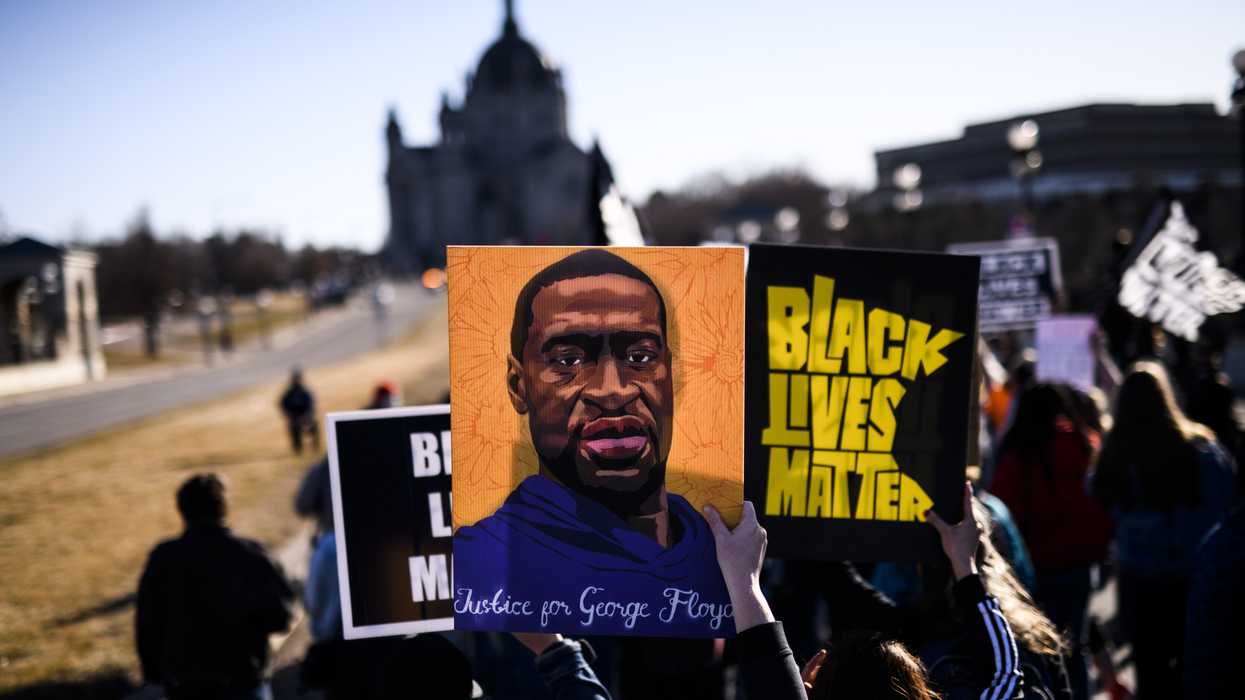President Trump wants to abolish the Department of Education, and his handpicked Secretary of Education, Linda McMahon, has promised to do so. But in the meantime, that department has been turned into a weapon for displaying the raw power of the new administration and punishing those who refuse to hew to its party line.
Nowhere is that agenda more clearly expressed than in a remarkable and disturbing letter sent by McMahon to Harvard University President Alan Garber, informing him that the university would no longer be eligible to apply for any federal grants. I was startled, but not surprised, both by the letter’s aggressive and dismissive tone and the substance of its indictment of Harvard.
It crossed the line from the kind of rational regulation that is essential in any democracy into the territory of bullying, name calling, and threats that have no place in a democratic government. Americans should not put up with such behavior from any public official.
At first, the letter seemed like it came from the Ministry of Truth in George Orwell’s novel 1984. The ministry was responsible for controlling information, rewriting history, and producing propaganda. Its primary function was to ensure that people subscribed to the ruling party’s version of reality even if it contradicted actual events.
But democracy cannot function if the government gets to dictate what counts as true. And as Randolph May notes, “The whole point of the Constitution’s First Amendment is to erect a roadblock against anything resembling a government-run ‘Ministry of Truth’ with the aim of suppressing views at odds with official government talking points. The First Amendment is intended to protect private entities, including the social media companies, from government censorship of their speech, or from government compulsion to speak.”
You would never know this from McMahon’s letter.
Indeed, from the start of the Republic, Americans have understood the key role of education in maintaining democracy. For example, Thomas Jefferson called education the “foundation of democracy.”
In his view, “Ignorance and sound self-government could not exist together; the one destroyed the other. A despotic government could restrain its citizens and deprive the people of their liberties only if they were ignorant.”
That is why the Trump administration's attack on universities is so dangerous. Up until this point, it has disguised its attack as an effort to protect civil rights and fight antisemitism.
But as The Atlantic's Rose Horowitch points out, McMahon’s letter doesn’t bother with that pretense. “Aside from one oblique reference to congressional hearings about anti-semitism, the letter is silent on the subject….” Horowitch is right to say, “the project has been revealed for what it is: an effort to punish liberal institutions for the crime of being liberal.”
That would be bad enough, but I am not so sure that the real agenda is about liberalism. While the president is notoriously fickle in his philosophical commitments, he is deeply committed to making everyone bend to his will and taking revenge against those who do not do so.
Power is everything to him, and as I read it, McMahon’s letter is designed to take the gloves off and show how far the administration is willing to go to make Harvard pay the price for its defiance.
But if people and institutions are made to pay a price for standing up for their rights or for holding views of which the government does not approve, democracy cannot survive. Breaking Harvard would exemplify the kind of despotism about which Jefferson warned.
Let’s look at McMahon’s letter to see its despotic intent.
McMahon starts simply enough by accusing the university of “engaging in a systematic pattern of violating federal law.” Whether that is true or not, such an accusation is very much within the ambit of a government official.
But after that, McMahon’s letter quickly goes off the rails.
“Where,” she asks, “do many of Harvard’s ‘students’ come from, who are they, how do they get into Harvard, or even our country-and why is there so much HATE?”
Here, the agenda is less legal than political. The letter suggests that Harvard is a haven for anti-Americanism.
The Secretary of Education then goes on to accuse Harvard of making a mockery of higher education. But the bill of particulars quickly returns to the theme of anti-Americanism.
McMahon accuses Harvard of admitting “foreign students” who “show contempt for the United States of America.”
If it were true, such contempt might be contemptible but not anti-American. That is because the idea of America is so deeply intertwined with its democratic commitments.
And because there is a difference between respect for democracy and love of country.
While that love, what we now call patriotism, was originally understood to refer to the kind of “public spiritedness” that nurtures popular sovereignty, today it signifies allegiance, sometimes uncritical allegiance of the kind that McMahon seems to be referencing.
But the Secretary does not stop there. She denounces Harvard for abandoning “any semblance of academic rigor” as evidenced by its decision to no longer require standardized testing as part of its admissions process.
What that has to do with the requirements of federal law is beyond me. But remember, McMahon’s letter is a show of force and an effort to shame the university more than to get Harvard to comply with the law.
That is made clear when McMahon, seemingly out of nowhere, brings up what she calls “humiliating plagiarism scandals” and denounces Harvard’s former president, Claudine Gay, as “an embarrassment to our Nation.”
Shaming, humiliating, and embarrassing are not the work of democratic governments. Those governments endeavor to treat citizens, even their fiercest political opponents, with respect and dignity.
As the political theorist Josiah Ober notes, “dignity is necessary for collective self-governance and must be preserved by democratic rules.” And, as he explains, dignity requires that no one be subject to humiliation by their government.
In a democracy, no one should be held up for shame or ridicule simply because the government does not approve of their views or wants to display its power. That is why McMahon’s letter is so problematic and out of place in our political system.
Harvard may be far from perfect. But in the end, many of its imperfections are the imperfections of an institution in a society trying to move toward fairness and inclusion for all.
And grappling with them is the work that democracy demands, work that a democratic government should encourage even if it does not fit with the Ministry of Truth’s agenda.
Austin Sarat is the William Nelson Cromwell professor of jurisprudence and political science at Amherst College.




















